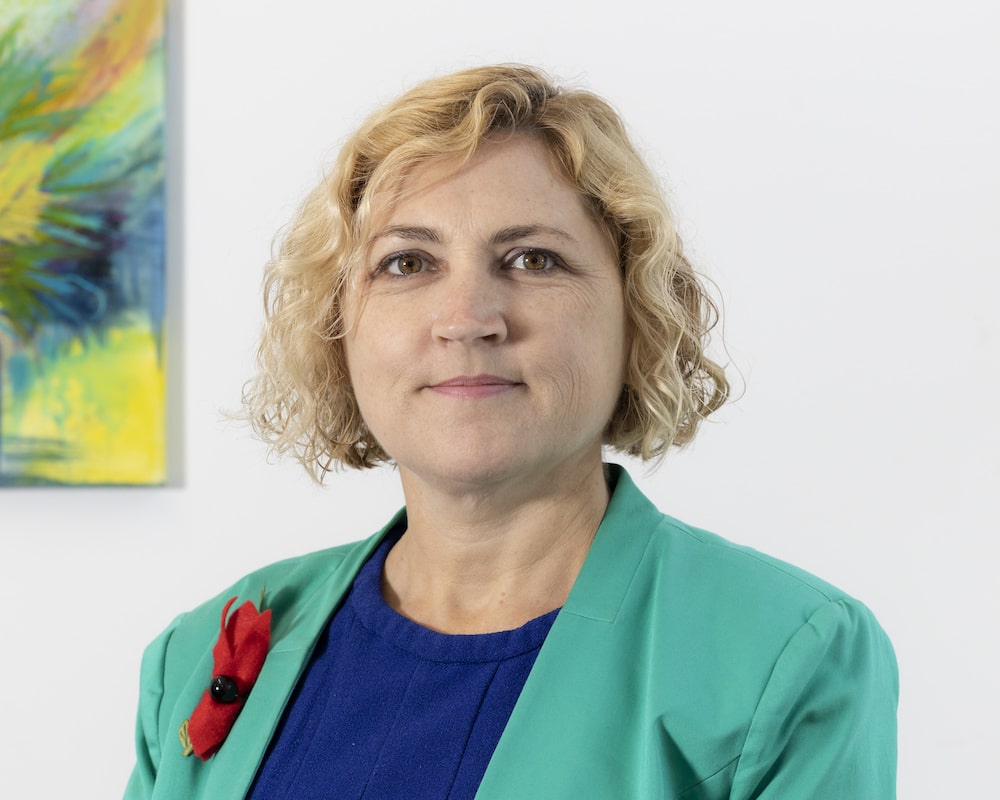Emma Davidson MLA is ACT Minister for Disability, Justice Health, and Mental Health.
Winter is always hard in Canberra. We often face what feel like below-freezing days, and seek any reason to head indoors to relax, gather with loved ones, and escape the cold bite. However, with lockdowns over the past two winters, we are already facing an early ’flu season and continuing cases of COVID-19 across the community – making our winter even more challenging for some, such as older Canberrans, those with disability, and those with chronic health issues.
This will be our first vaccinated winter, but also our first winter of widespread community transmission. COVID‑19 persists and spreads amongst the community, and there will be people in our city feeling isolated, afraid, and abandoned by the way we have mostly stopped using masks and reduced physical distancing.
And while many of us are excited to catch up with loved ones, the reality is that, for these at-risk groups of people in our community, we must not become complacent. We must continue to practice good hygiene to minimise disease spread. We all have a responsibility to keep up our COVID-smart habits to curb the spread of the ’flu and COVID.
If we don’t, many people in our community will experience prolonged social isolation, which they have faced already over the past two years. Older people, those with disability and chronic health issues – the people most at risk of the worst health outcomes of COVID – have seen restrictions ease, with perhaps little understanding in the wider community of how it will impact them. It has left some people feeling powerless.
Pressure on our health services has increased before we hit the heart of the ’flu season, so we need to play our part to keep not just ourselves, but our community safe. While the ’flu doesn’t seem a dangerous or scary thought for some, it means essential workers who get sick need to take time off. It means we may unknowingly pass on the ’flu or COVID to someone in the community who has a compromised immune system. We may also pass it on to our older loved ones who may experience health complications.
However, we can maintain our physical distancing while also recovering from the social impacts of COVID. Doing activities – such as sports, arts and cultural, or recreational activities – remotely or in large, well-ventilated spaces or outdoors will help us reconnect and look after our physical and mental wellbeing, whether we are young, old, or have a disability or health condition.
It’s our collective responsibility to find safe ways that we can all participate, where those needing physical isolation don’t end up in even more social isolation.
If you can, wear masks indoors, even if it’s not required. Stop at hand-sanitising stations to keep your hands germ-free. Maintain social distancing where possible, and opt for outdoor activities when possible. Stay home if you are not feeling well, even if it’s not COVID. Think about alternative ways to socialise, run errands, or shop that minimise the opportunities for spread. Go get your booster and ‘’flu shot.
As a community, we can get through the colder months in good shape if we look out for each other, think of the bigger picture, and take a few simple measures to reduce transmission of COVID and the ’flu.
Information and advice on COVID can be found at COVID19.act.gov.au.



